Citroen people won’t like me saying it, but the Cactus concept is surely proof that adversity can spark the greatest innovation.
The official line is that the success of DS branded models demonstrated the need to stand out from the crowd, forcing a rethink of how the more mainstream ‘C’ branded models were being created.
The truth, I suspect, is that Citroen couldn’t ignore any longer that it was being increasingly squeezed in an especially cut-throat European market. From the bottom the likes of Dacia were eating in to their sales, from the side Hyundai and Kia were making better products at comparable prices and from above the premium players were pushing down with smaller, more affordable, more aspirational offerings.
The reaction has been to stand proud, taking on lessons from Citroen’s history and reinventing the C-line as an alternative to pretty much everything else on sale at the moment. Simple elegance is an easy enough message to understand (if not put in to action); Citroen’s market research suggests enough people will fall in love with its interpretation of the idea to buy its cars out of love rather than the size of discount.
Of course, for now the Cactus is a toe in the water of wider plans to reinvent the entire C-line with the same values. The current Citroen C4 has at least three years to run of its model cycle, meaning sales of it, the Cactus and the Picasso derivatives can be compared.
But be in no doubt, this is not a frivolous attempt to make some headlines. Citroen’s bosses are convinced that many of today’s car buyers want something less complex and more stylish and are quietly confident that, in time, the Cactus look and spirit will become its mainstream offering.
Personally, I hope they are right. There are too many identical cars on the market today, and for too long Citroen has tried to fight the establishment rather than play to its prevailing strengths, chief among them its Frenchness. The Cactus answers all those criticisms and more, and provides the perfect ally to the thriving DS side of the business.
Parent company PSA may be in deep financial trouble, but it appears determined to fight its way out of it. Now there’s just the thorny question of how its going to give customers a reason to pay more robust prices for Peugeots…
Click here for more information on the Cactus concept.

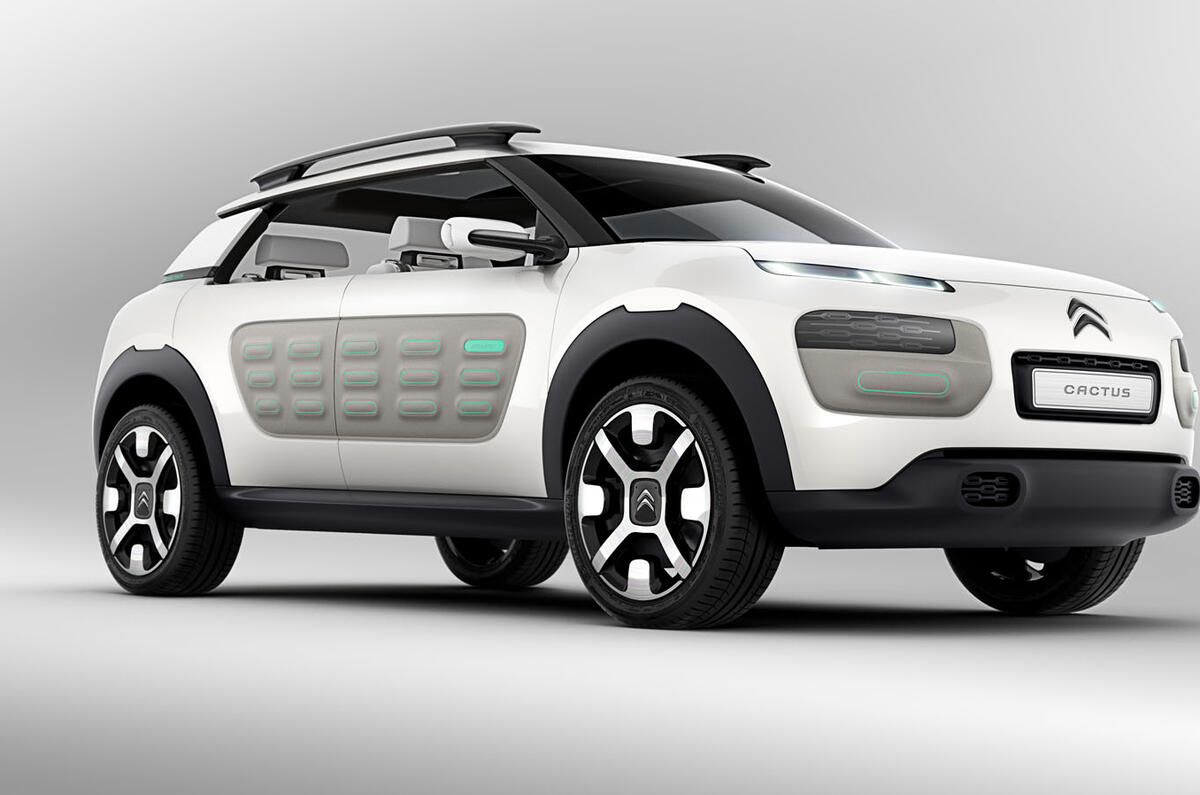
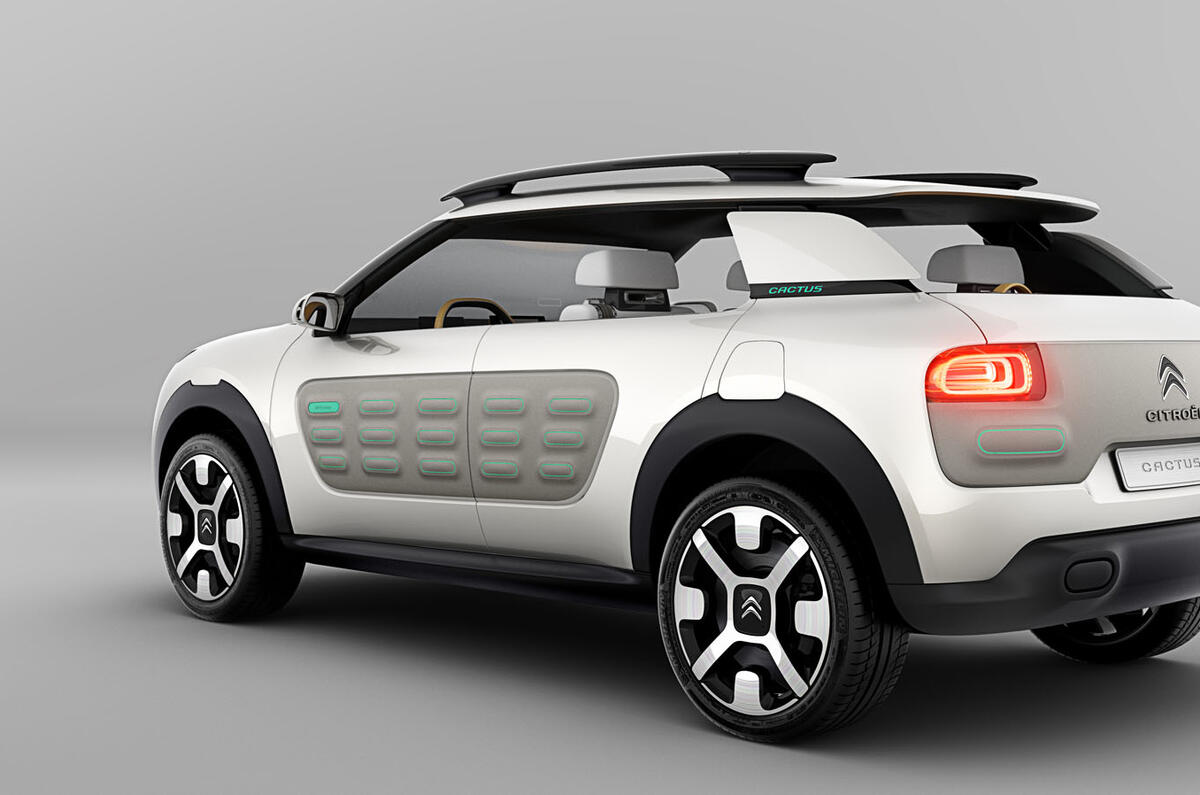
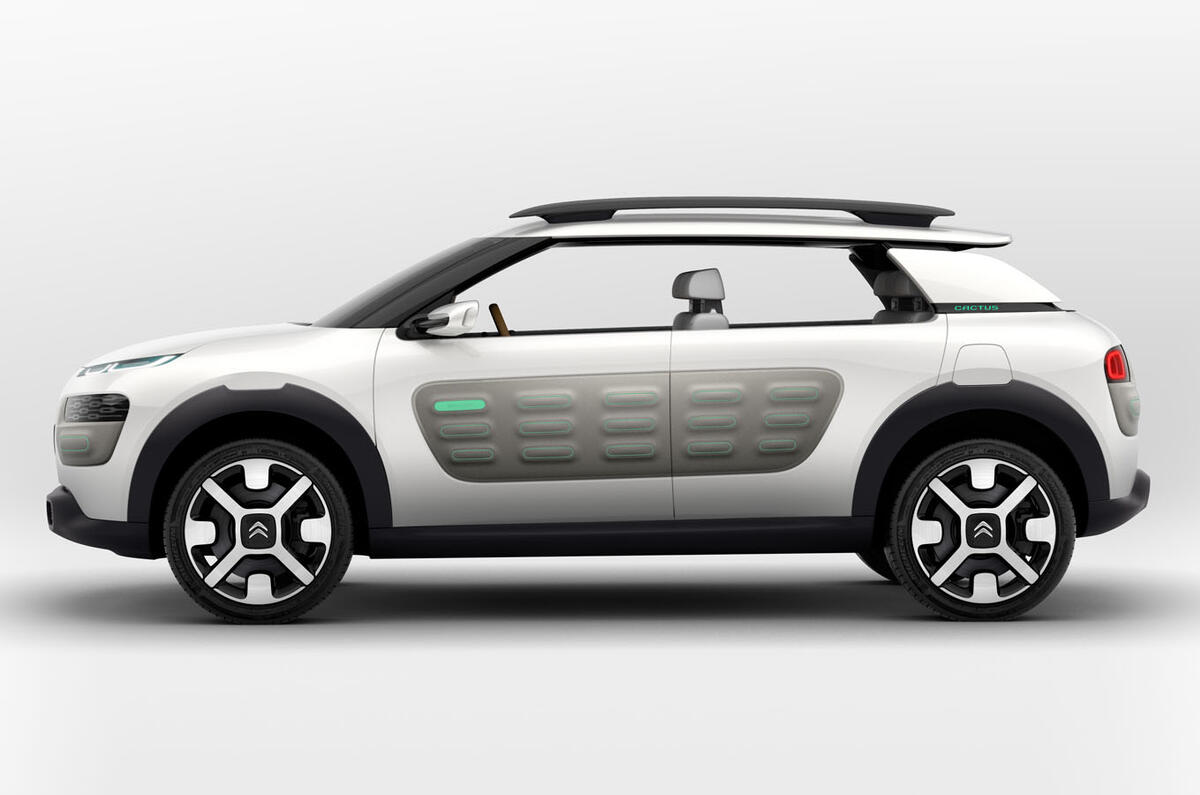
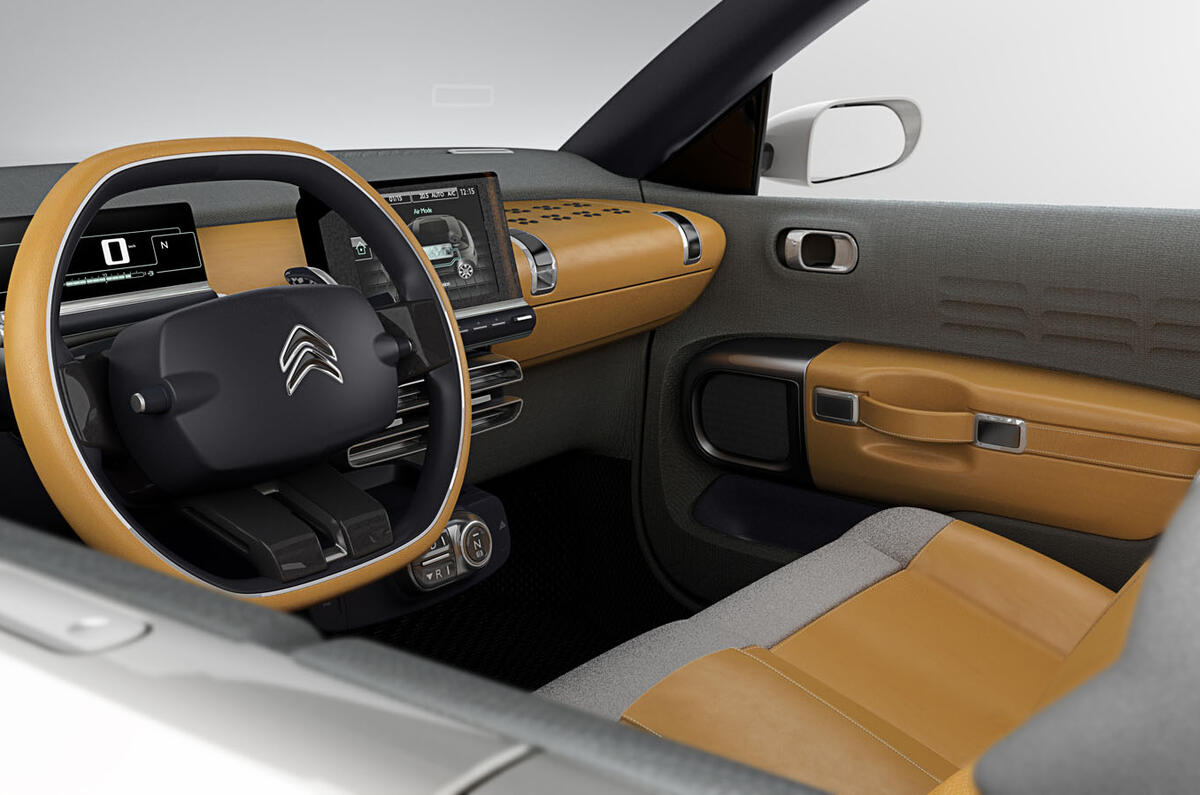
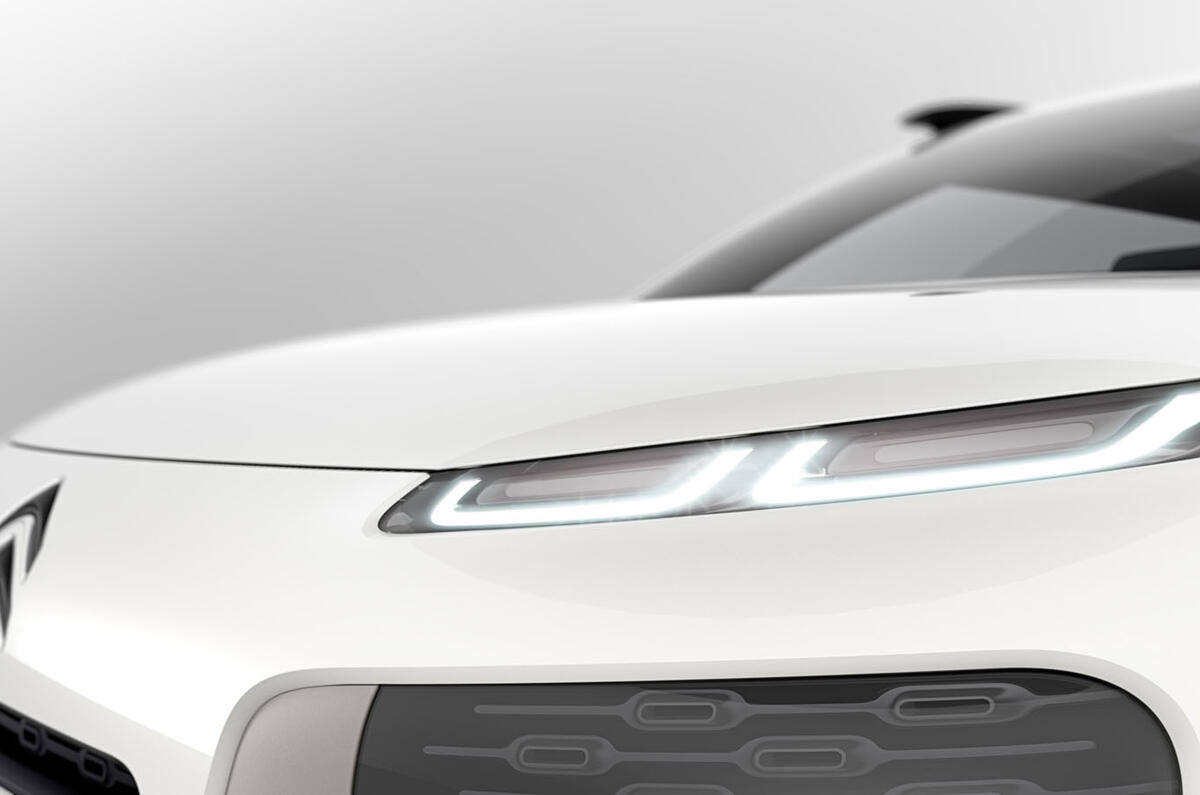







Join the debate
Add your comment
Nice car
Nice car, just to extra different with this particular model, Citroen, can you make it last longer than the warranty period before it starts to fall apart.
Its a Giant Panda!
Its a Giant Panda!
Basically, this is a scaled up Fiat Panda - cute, non threatening, non aggressive, simple, well proportioned and very likable. Like someone mentioned before, I trust it will ride comfortably, and handle amusingly.. Just like a Panda. I hope it sells by the bucket load too - a great antidote to all the overly aggressive, over engined, over priced alternatives.
Almost a mini clubman. It may
Almost a mini clubman. It may be my age but I have always considered Peugeot a better bet than
Citroen. Peugeot seemed to offer products that were more interesting than say comparable products from Ford, Vauxhall, Rover ect. Whilst looking through Autocar and comparing stat's and driving impressions and then visiting dealers, for test drives, Peugeot always seemed to have the edge? So when people were buying Golf GTi's I bought a 309 GTi and when the Vauxhall cavalier 2000 gsi were in vogue I bought a 405 MI16. The only reason I stopped buying was not the ability/dependability of the vehicles but horrendous depreciation..